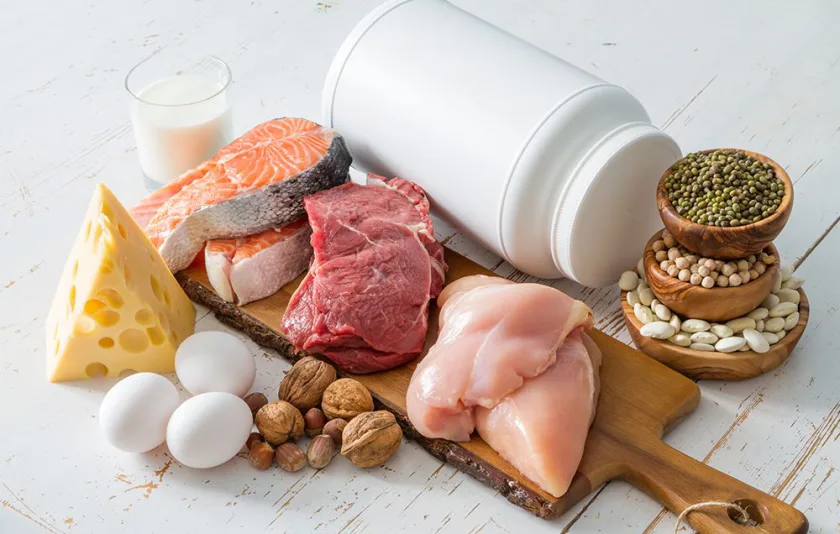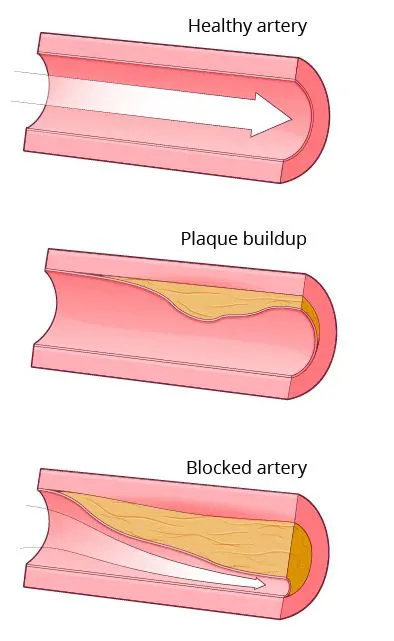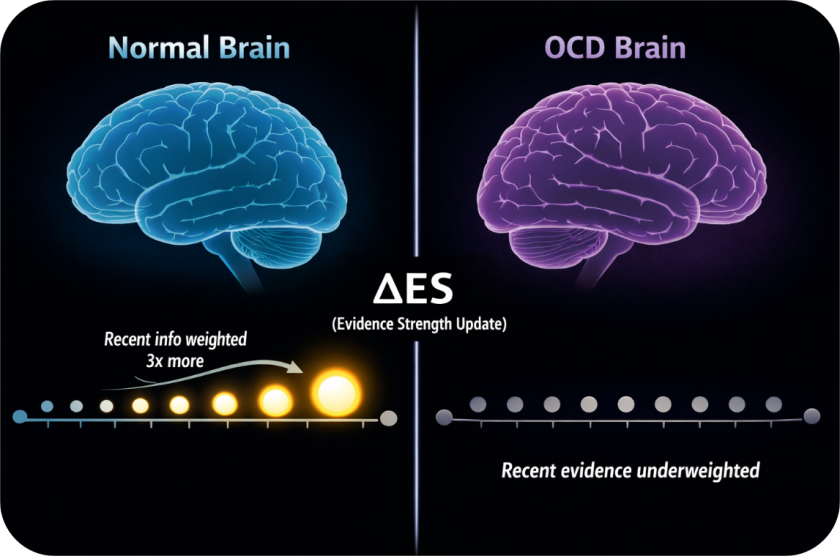
Interesting research from University of Pittsburgh show that too much dietary protein might actually up the risk of atherosclerosis. So, while protein is good for our bodies but consuming in abundance might not be the best idea when it comes to keeping our arteries happy and healthy.
The experiment not only combined the human trials but researchers roped in mice and cells in a Petri dish for the study. When the consumption increases to more than 22% of their daily calories from protein, it kicked off a chain reaction. Consequently, that triggered the activation of immune cells.
These cells are like the instigators behind atherosclerotic plaque formation, essentially paving the way for future issues with our arteries.
What is atherosclerotic plaque?
Atherosclerosis is a health condition characterized by the accumulation of fatty deposits, cholesterol, cellular waste products, calcium, and various other substances within the walls of arteries. Over time, this accumulation forms plaque, which slowly constricts the arteries, which diminishes the flow of blood to essential organs and tissues.
In addition to physically narrowing the artery, plaques can also become unstable and rupture.

Leucine, a key player in Atherosclerosis Pathways
Not only this, amongst all the amino acids hanging out in our protein-packed meals, one stood out – leucine. This molecule pushed those pathways that were linked to atherosclerosis. Thus, making arteries go all stiff and hardened.
If we talk about, leucine, it plays an important role in:
- protein synthesis
- muscle repair, and
- growth.
Additionally, it is involved in regulating blood sugar levels and promoting wound healing. The molecule is commonly found in protein-rich foods such as meat, dairy products, eggs, soybeans, and nuts. This compound has found to stimulate the pathways associated with atherosclerosis. Its high concentration can enhance the activation of certain molecular pathways associated with inflammation, oxidative stress, and plaque formation in the arteries.
Therefore, we need to think twice about what’s on our plate and how it might be affecting our health in the long run.
Takeaway: Reconsidering Protein Intake
Ingesting protein in hopes of boosting metabolic health might turn otherwise. We need to understand the potential risks lurking behind dietary choices. So, the need of the hour is to kickstart a conversation about how we can tweak our diets in a precise way, targeting those molecular levels to dial down disease risks, advocated Babak Razani, M.D., Ph.D., professor of cardiology at Pitt.
These days there is trend of loading up of proteins from sources like burgers, steaks, chicken etc. The widespread idea behind is that the proteins in huge quantities might unlock the door to healthy living. However, research like these waves a caution flag.
After all, going all-in on protein might not be the health jackpot we’ve been hoping for. In fact, it could be a bit of a double-edged sword when it comes to our long-term well-being.



